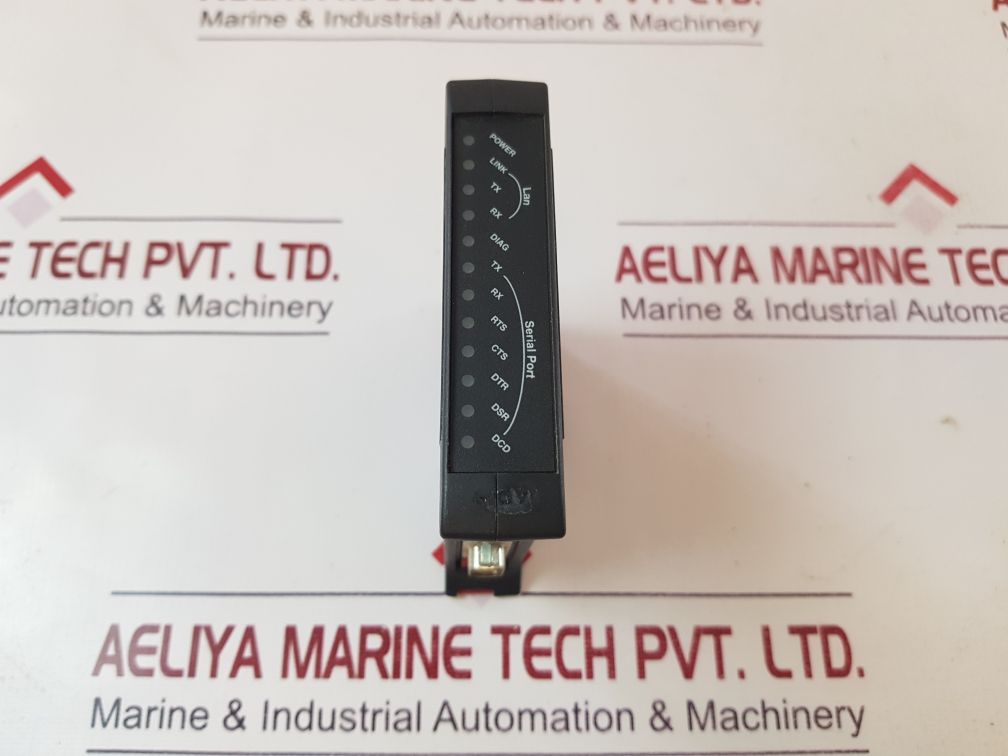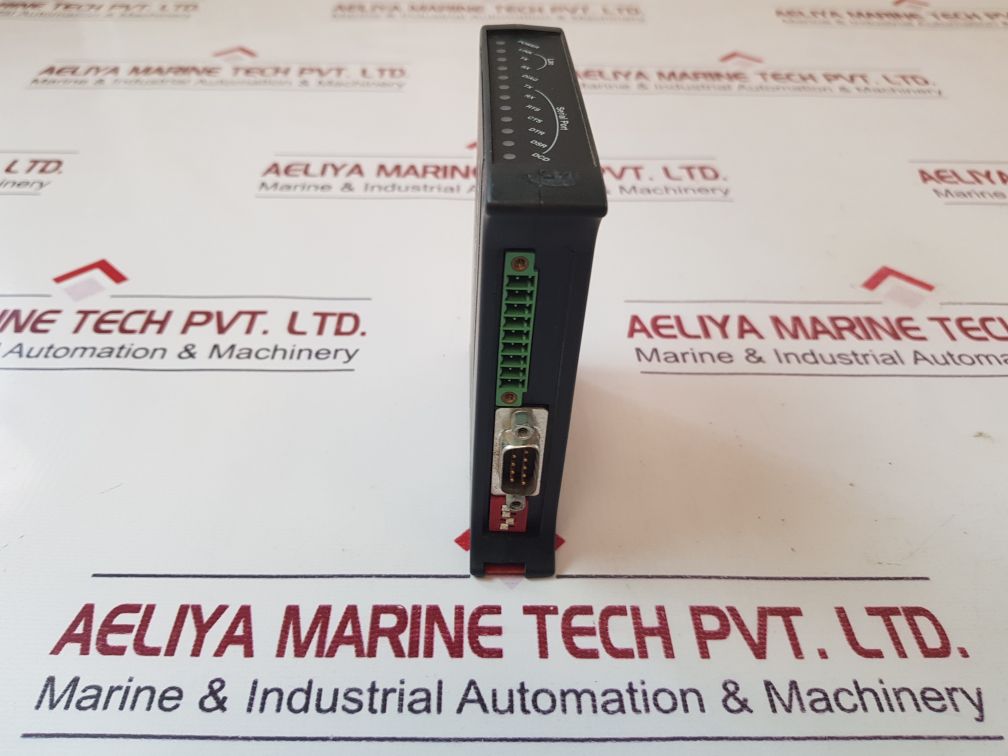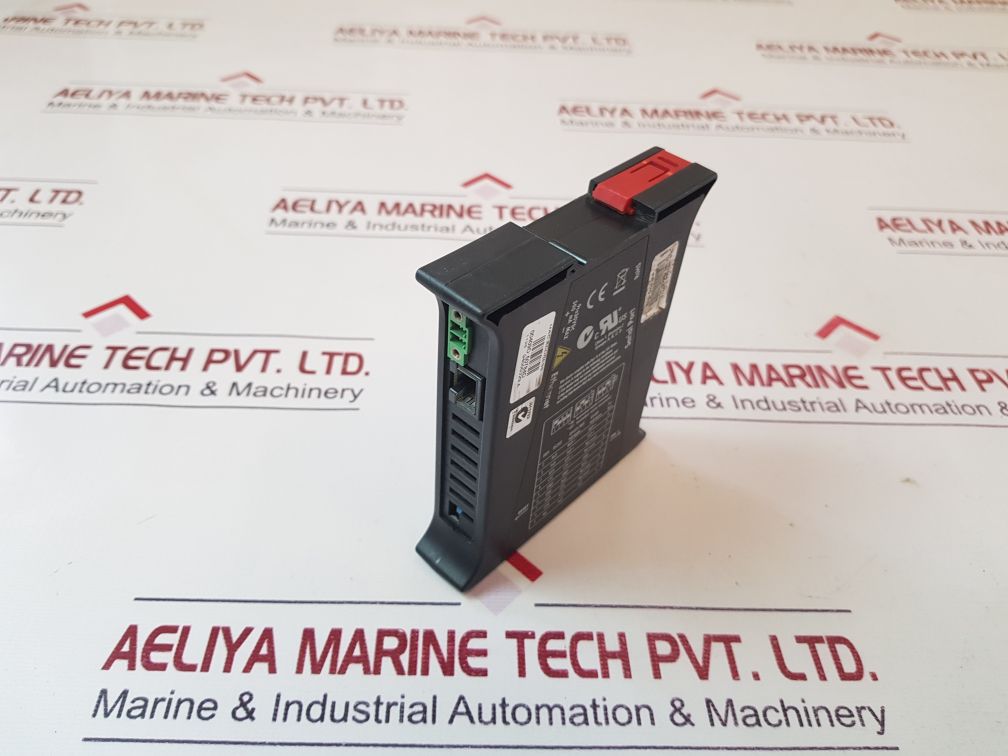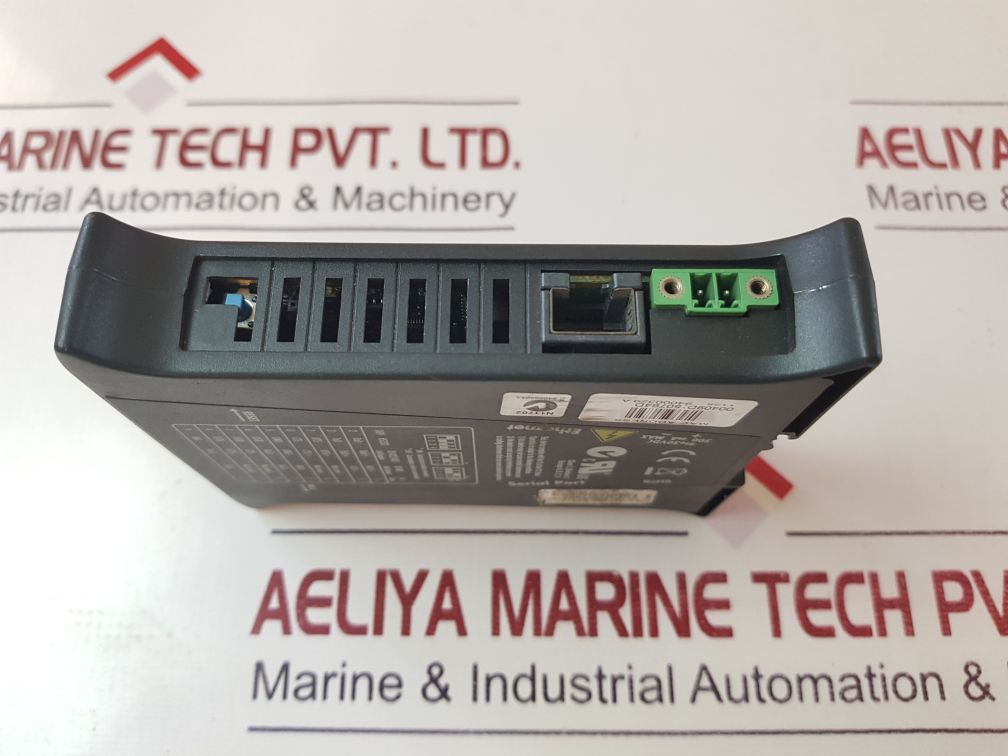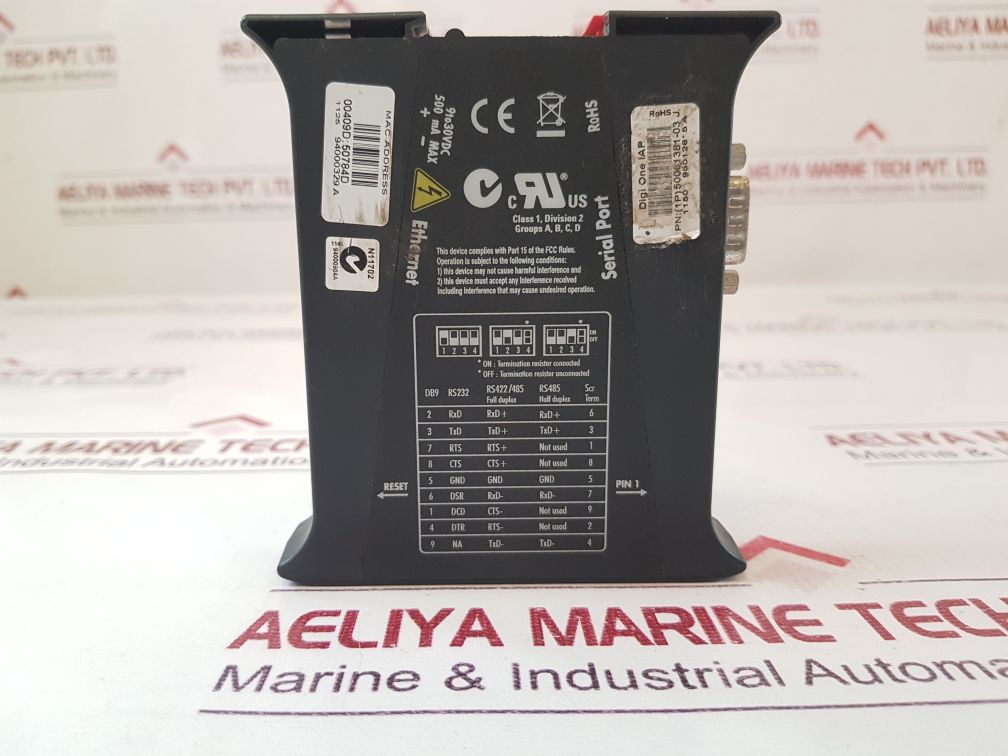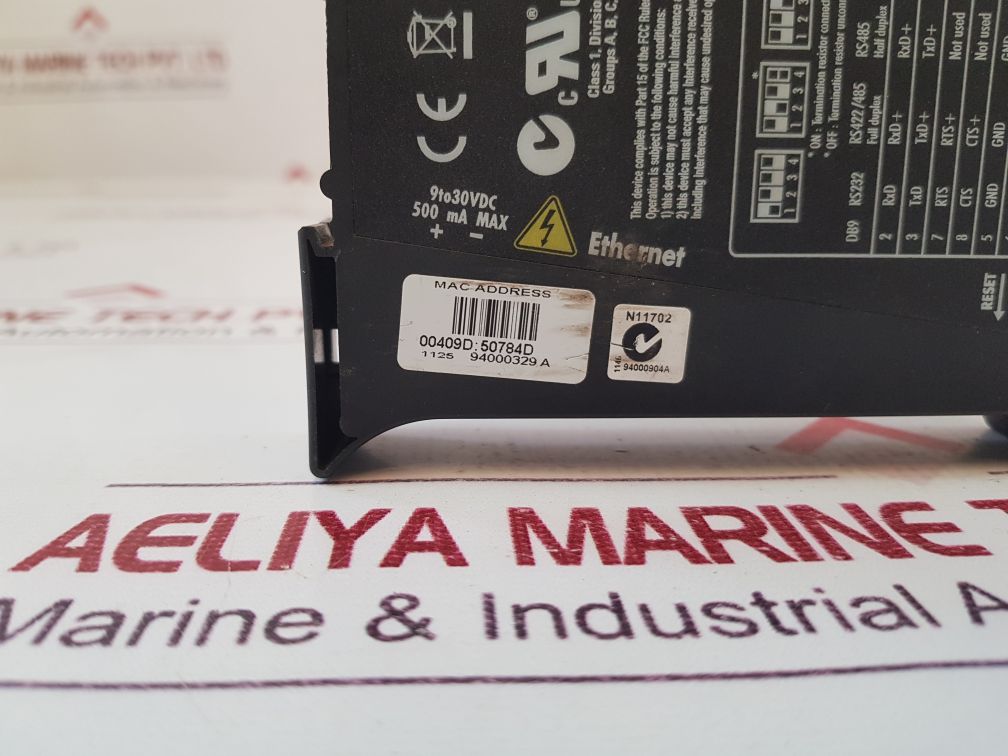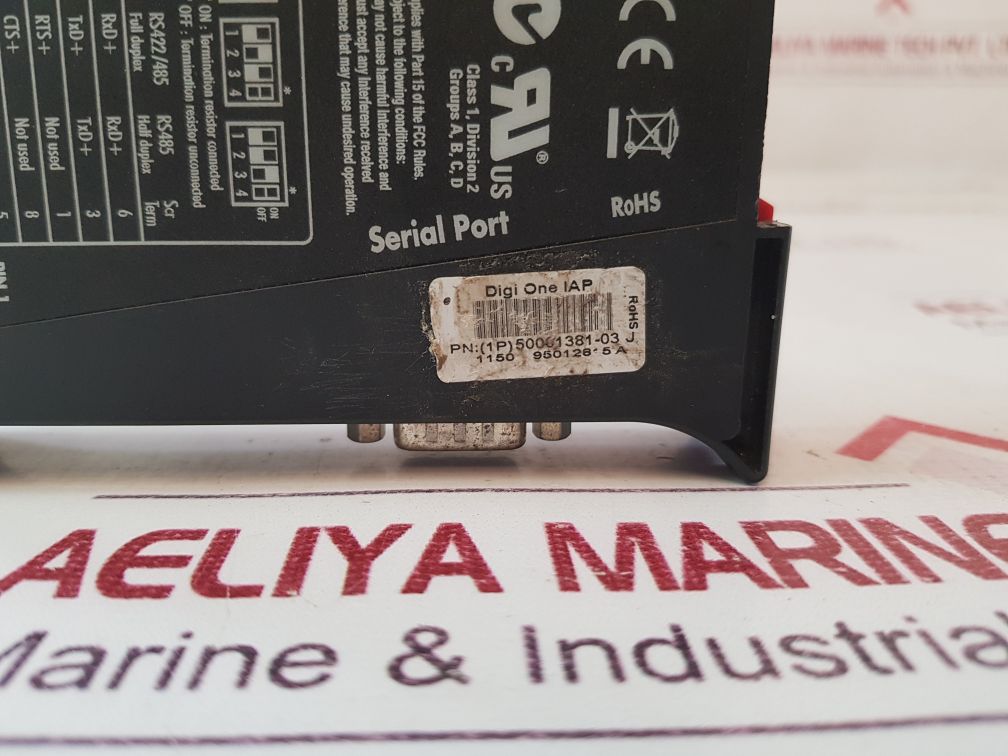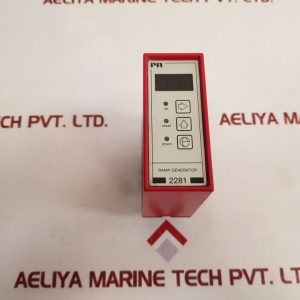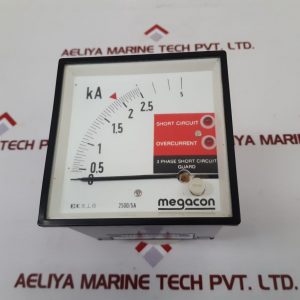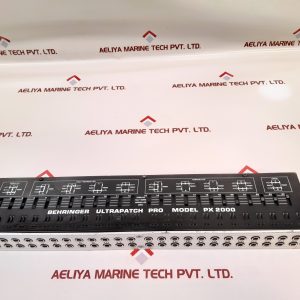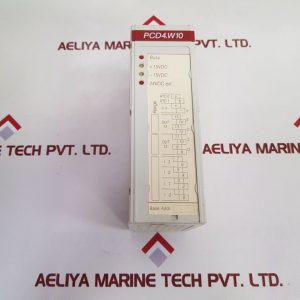Digi 50001381-03 Serial Server
Digi
Digi One Iap
9 To 30vdc
500 Ma Max
Class 1, Division 2 Groups A, B, C, D
Ethernet
Serial Port
Mac Address:
00409d: 50784d
1125 94000329 A
Pn: (1p) 50001381-03
1150 95012815a
Weight : 130 Gm
Ref No(S) : 57568
Digi 50001381-03 Serial Server
Out of stock
| Brand | |
|---|---|
| Condition | Used/Secondhand |
| Qty Type | PCS |
| Weight | 130 grams |
- Free Shipping on Order above $100
- 30 Days Warranty
- Fast Shipping via DHL
| Brand | |
|---|---|
| Condition | Used/Secondhand |
| Qty Type | PCS |
| Weight | 130 grams |

